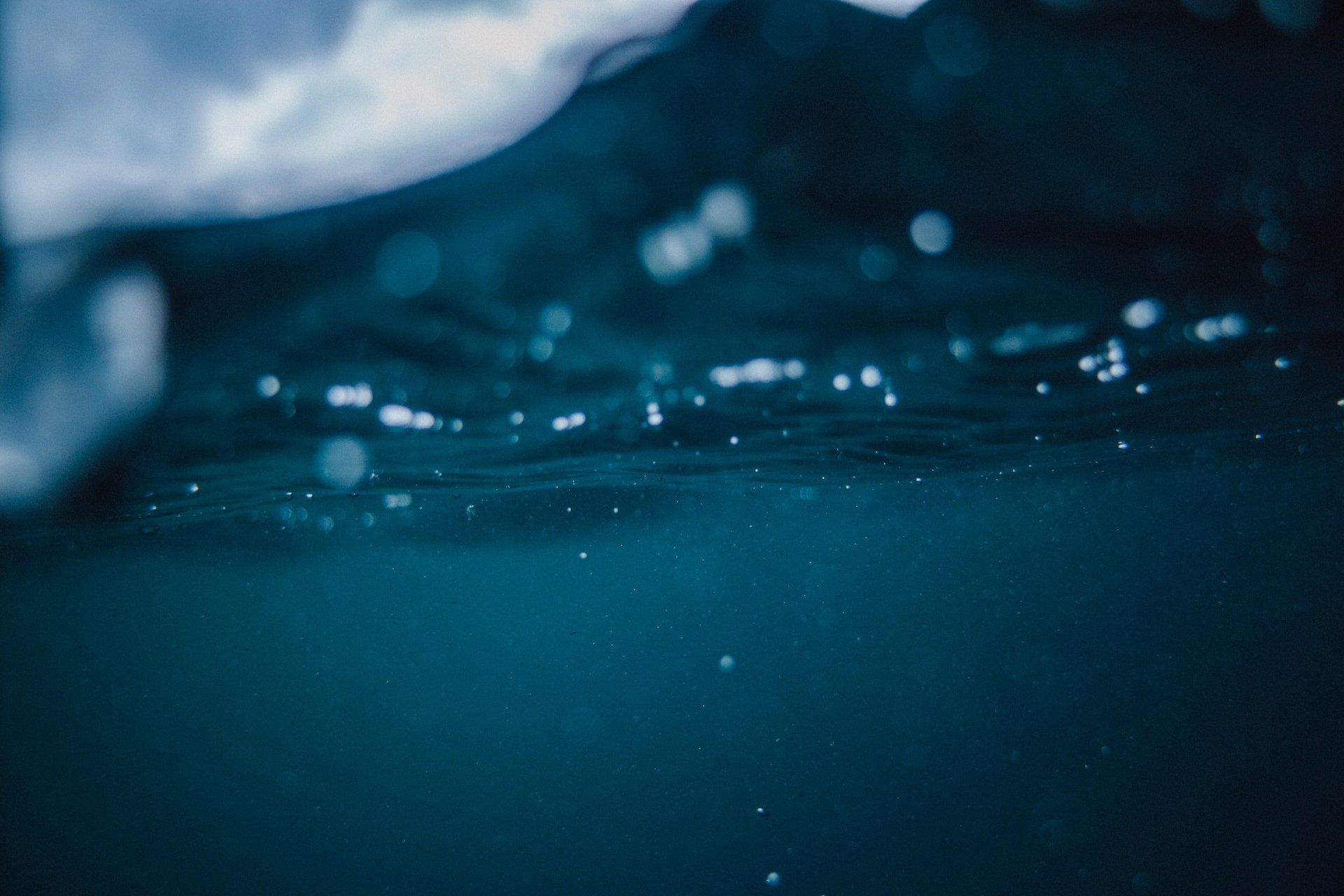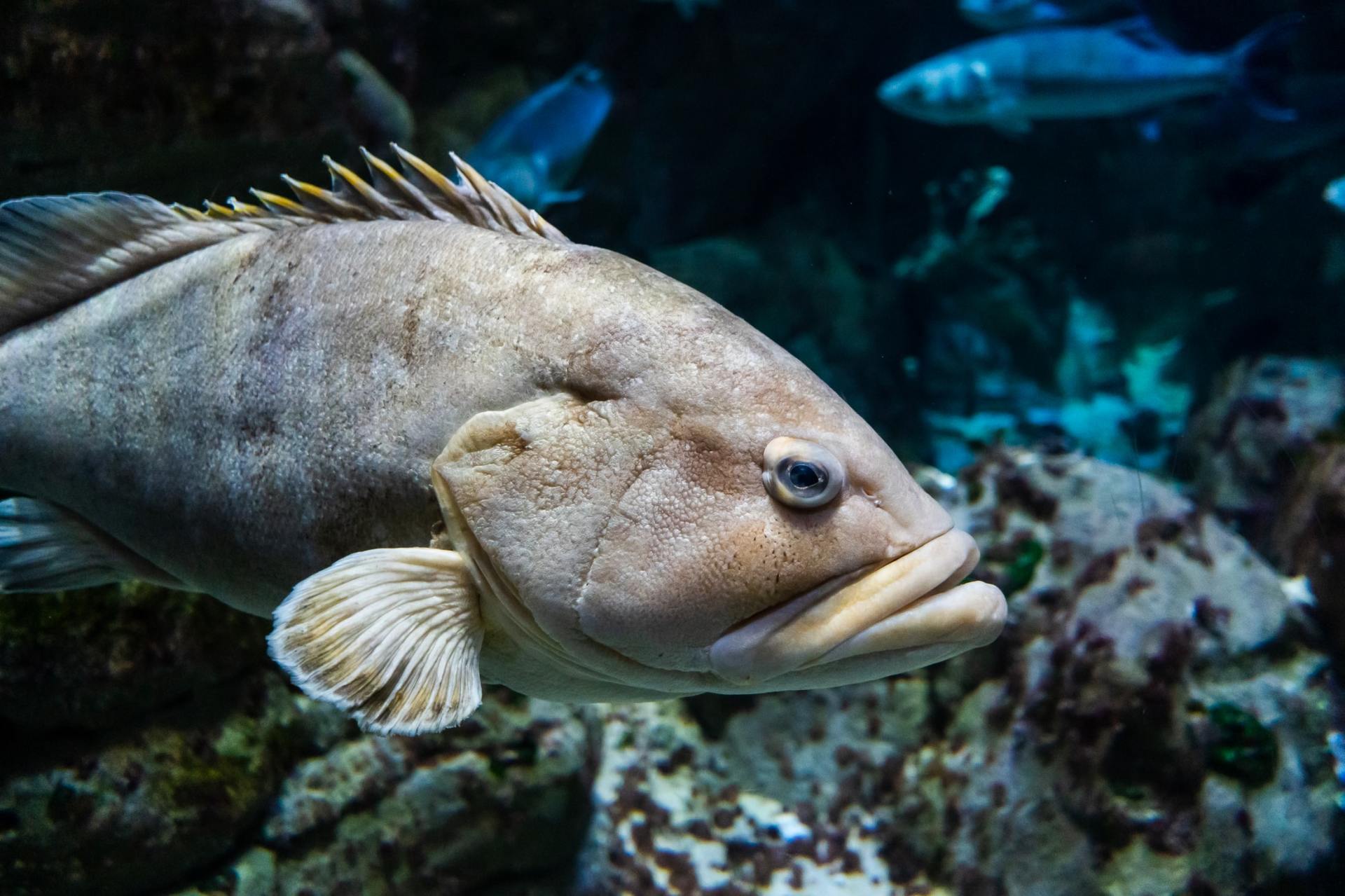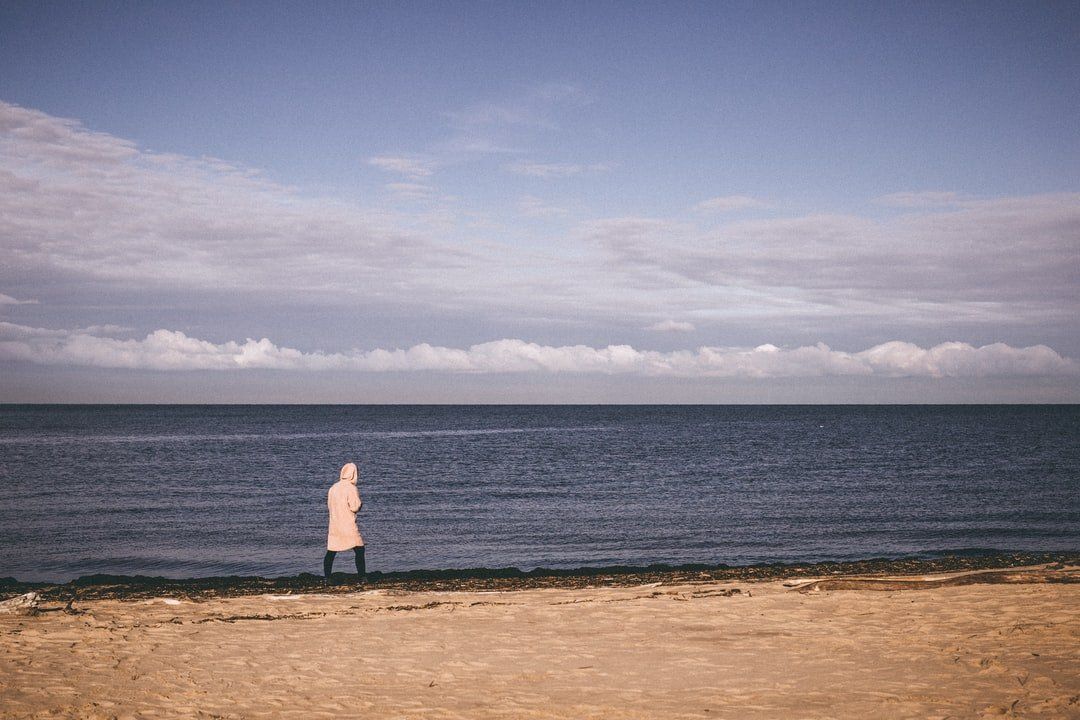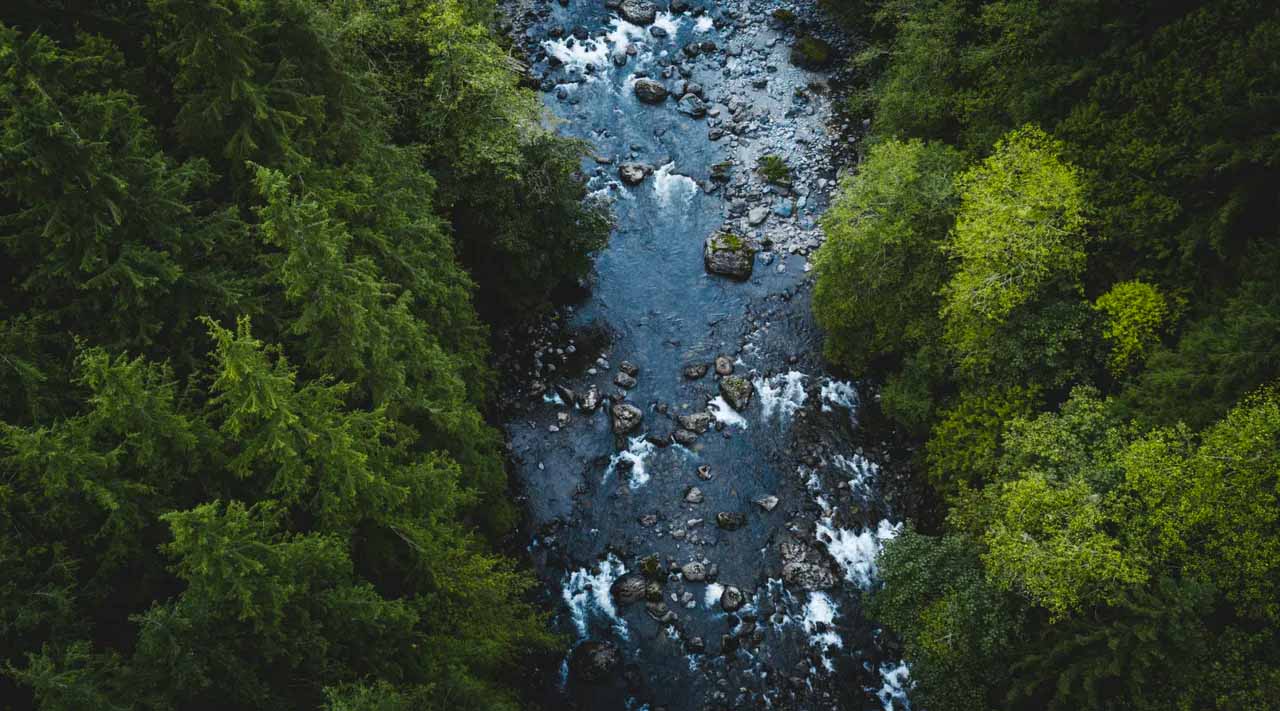
River rehabilitation and testing of eDNA methods
In 2020 CCB started the development of a list of priority dams for removal across the Baltic Sea region with partners from Estonia, Latvia, Lithuania, Poland, Russia and Belarus.
The draft list and a report was shared with HELCOM and used as a backup of respective proposed action for the update of the BSAP.
eDNA testing as a method to detect salmon in rivers is still under investigation due to relative complexity of the method and the need to bring external experts to Belarus, which is complicated due to the pandemic.
In 2020 CCB has continued monitoring eDNA method development through participation in research fora (Conference on DNA methods in environmental monitoring and management) and advocating for its application within HELCOM monitoring practices (submitted and revised a proposal for BSAP update).

Advocacy for the protection of the Baltic Sea harbour porpoise
The issue of porpoise bycatch has during the year 2020 taken a new turn and the CCB goal to reduce bycatch and raise the awareness of risk to porpoise has resulted in significantly increased activity from the EU Commission as well as the Member States in Baltfish and in HELCOM.
CCB activity in 2019, calling upon the EU Commission to consider using emergency measures in relation to Baltic harbour porpoise resulted in the EU Commission acting and asking for detailed advice from ICES. This advice was presented in May 2020.
In June 2020, the EU Commission held a virtual “Round table” discussion with Commissioner Sinkevičius concerning the protection of the resident population of harbour porpoise in the Baltic Sea and the short-beaked common dolphin in the bay of Biscay. The NGO reaction to ICES advice was presented during the discussion.
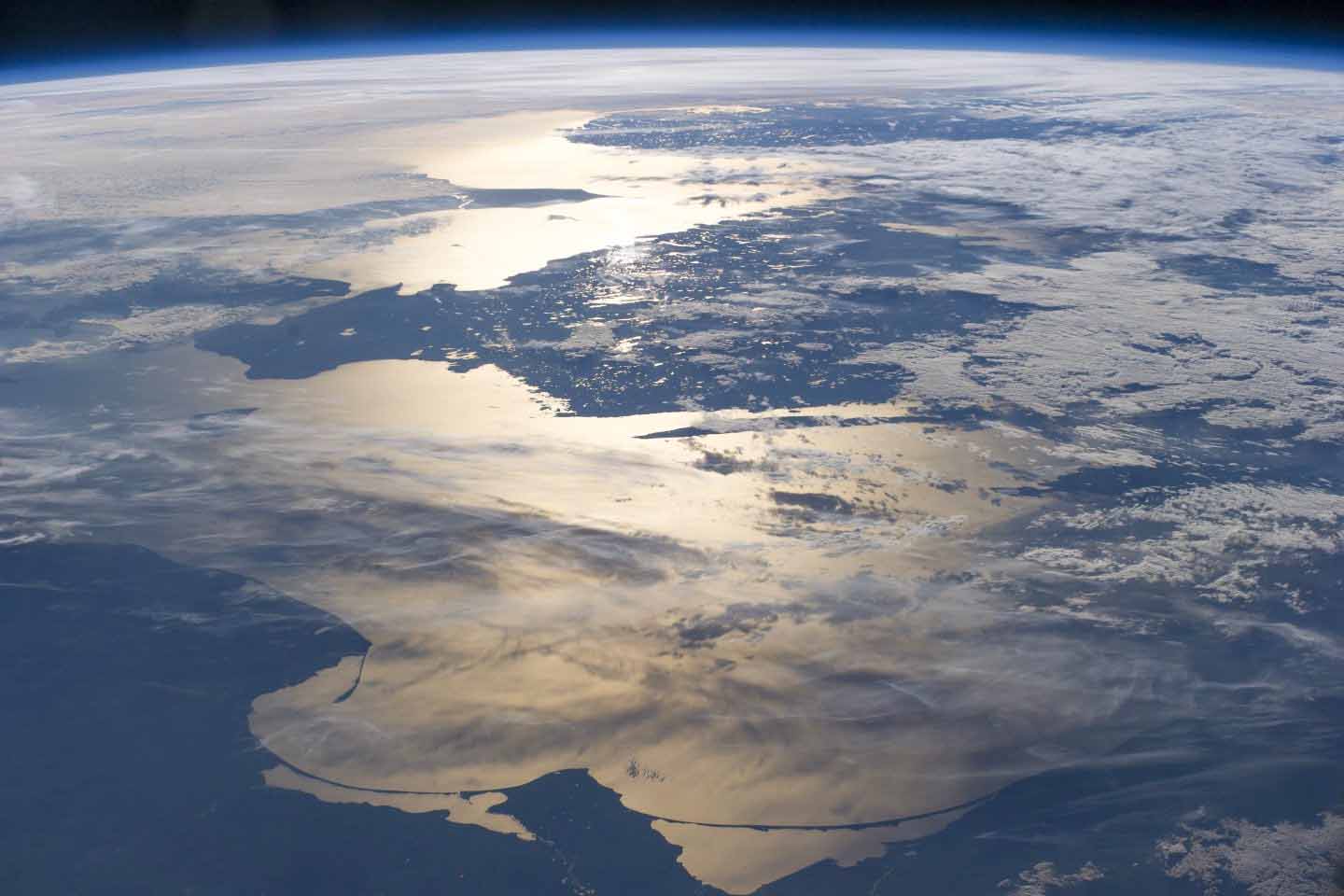
Management of habitats and species in MPAs
Due to the pandemic and the very intense work on the BSAP measures, the inventory of transboundary MPAs and areas protected unilaterally did not take place in 2020. This activity is now planned for 2021.
However, the activity carried out during 2020 consisted of finalisation, layouting, production and dissemination of briefs for management of habitats and species in MPAs.

Underwater noise
CCB and its Member Organization (BUND, Germany) took an active part in development of underwater noise actions in the BSAP update taking part in relevant meetings, including in development of HELCOM Regional Action Plan on Underwater noise (to be adopted in 2021) and a joint position paper with several other organizations “Underwater Noise –The neglected threat to marine life".
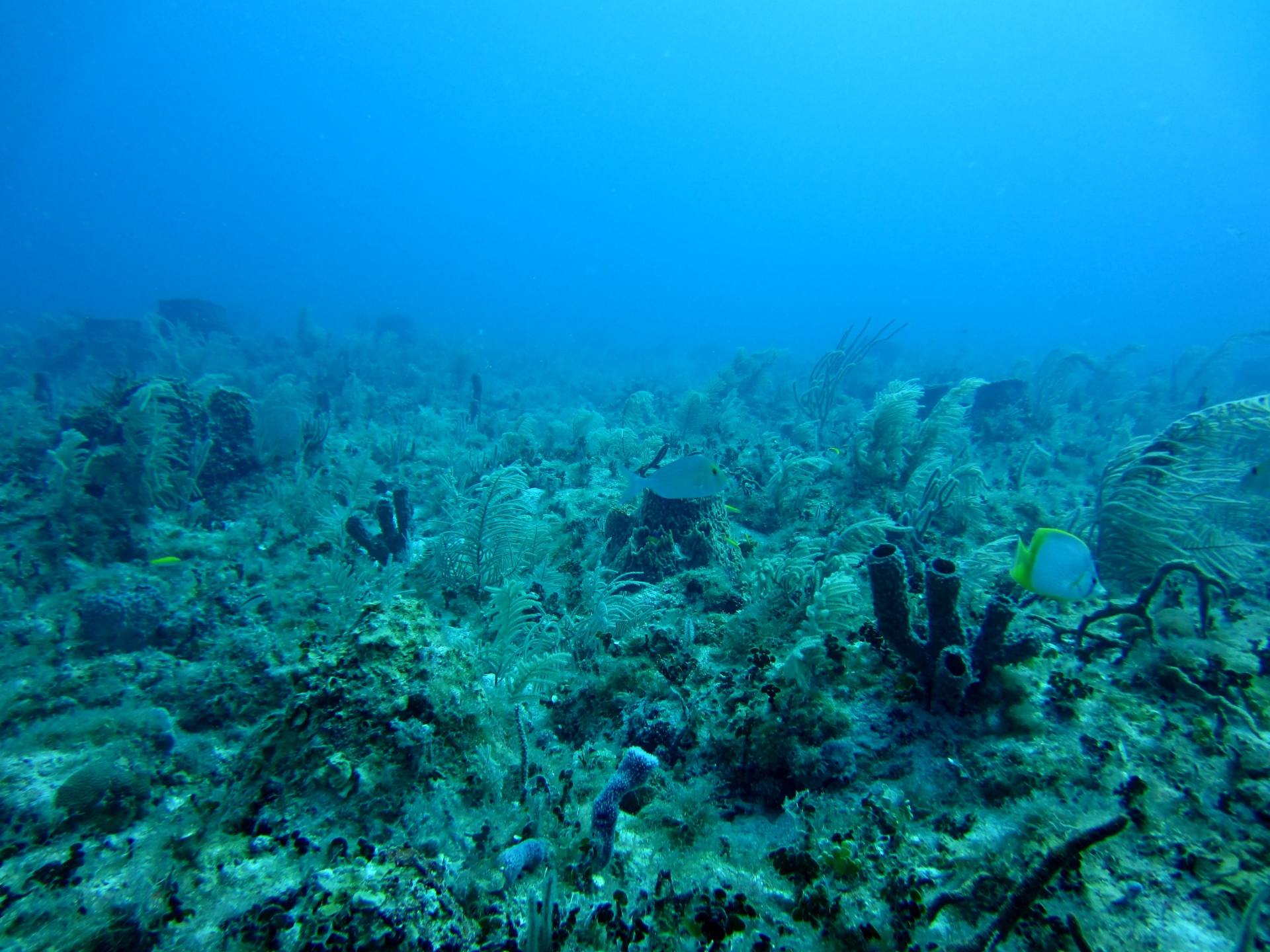
Review of available data on the unique Słupsk furrow nature values and compilation of information and material for advocacy work
The compilation of data has started with the review of published data on the habitat and biocenosis of the Slupsk Furrow. A series of interviews with the research scientists of the topic were conducted. Summarising the results some conclusion can be drawn:
- All data of research that localised directly in the Słupsk Furrow area confirmed its exceptional ecological value.
- Habitat and biogenesis of the Słupsk Furrow needs to be systematically and possibly detailed monitored.
- Actual deficiency of the results the latest research in the Słupsk Furrow shows how undetermined is present state of environment there.
- It is necessary to focus general attention on problem of total lack any protection of this exceptionally value bottom part of the Baltic Sea.
Informational materials are available at the project website.

Water birds in the Odra estuary
Three counts of waterbirds in the Odra estuary were carried out in January, March and November 2020 by West Pomeranian Nature Society, CCB Member Organization.
The study covered the most important areas where waterbirds congregate during the non-breeding period. These areas are located mainly along the Odra River valley and in the Odra estuary, which includes the Szczecin Lagoon, the Kamień Lagoon and Lake Dąbie. The monitoring also covered Lake Miedwie and the fishponds in Dzwonowo – these two sites lie beyond the Odra valley and the estuary. The study site covered an area of around 1,200 km² and about 420 km of river banks and waterbody shores.Counts included Grebes (Podicipediformes), Ducks, Geese and Swans (Anseriformes) and Gruiformes.
Data of the bird counts was analysed and reported, specifying the percentage of flyway population that is wintering in the area. Identification of the most important species was done and the results were compiled in the report: "Report on the counting of water birds in 2020 in Western Pomerania, Poland".
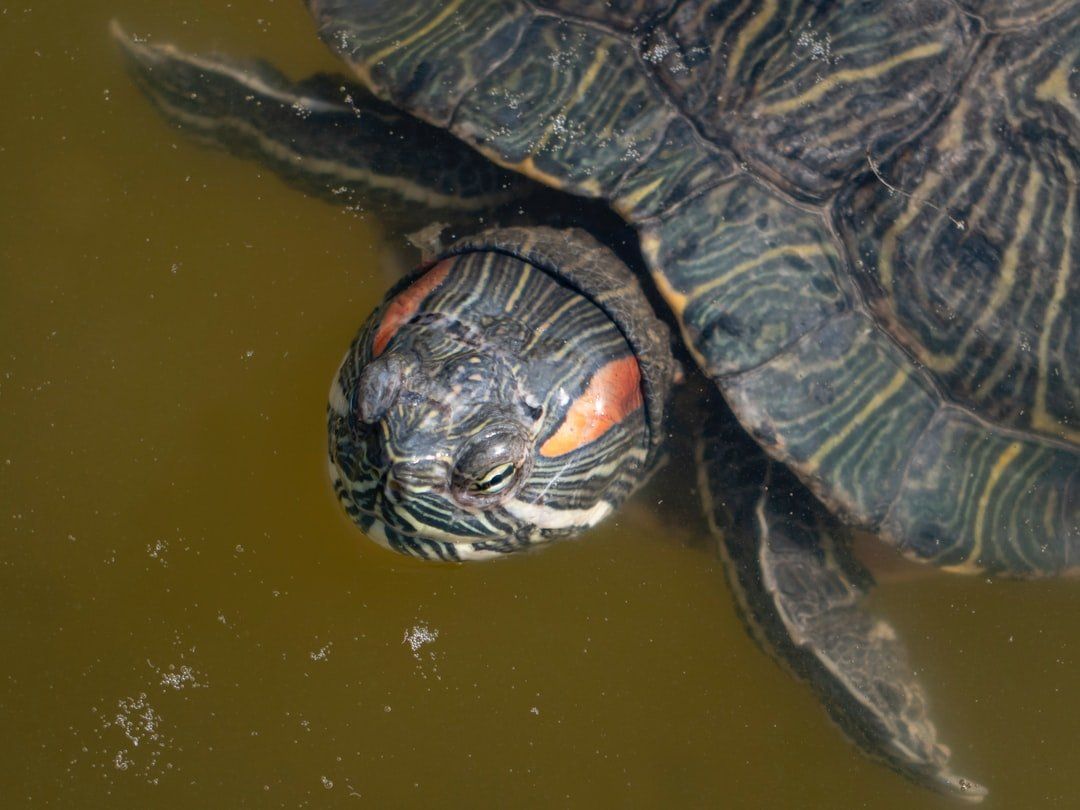
Dissemination on Invasive Alien Species
A Manual on combating IAS by anglers and hunters was prepared and published by Green Federation "GAJA" (Poland), with separate infocards on round goby, stone moroko, racoon dog, racoon, American mink, Prussian carp, spinycheek crayfish, signal crayfish, Chinese sleeper, pond slider.
Ecosystem based fisheries management (FISH)
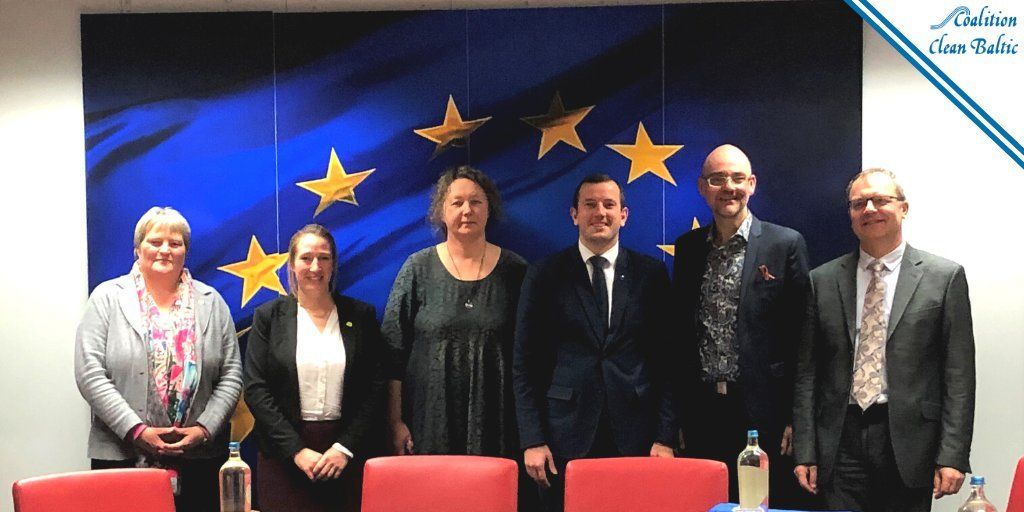
CCB has during 2020 repeated the idea to setup a task force to deal with the cod and interlinked issues. CCB also presented the idea during the “Our Baltic” conference, organized by the EU Commission in September, as a concrete step towards a changed approach to management, ecosystem based management. Furthermore, CCB met the Commissioner Sinkevicius in January to present our thinking of the needs to change management and signal from the top level that new management must be more inclusive and not split in fisheries and then environment.
CCB has also made several press and public statements, shared with Baltfish for example. A large joint effort to create an NGO recommendation for the TACs was concluded also 2020, with CCB in a leading roles as the regional expert group.
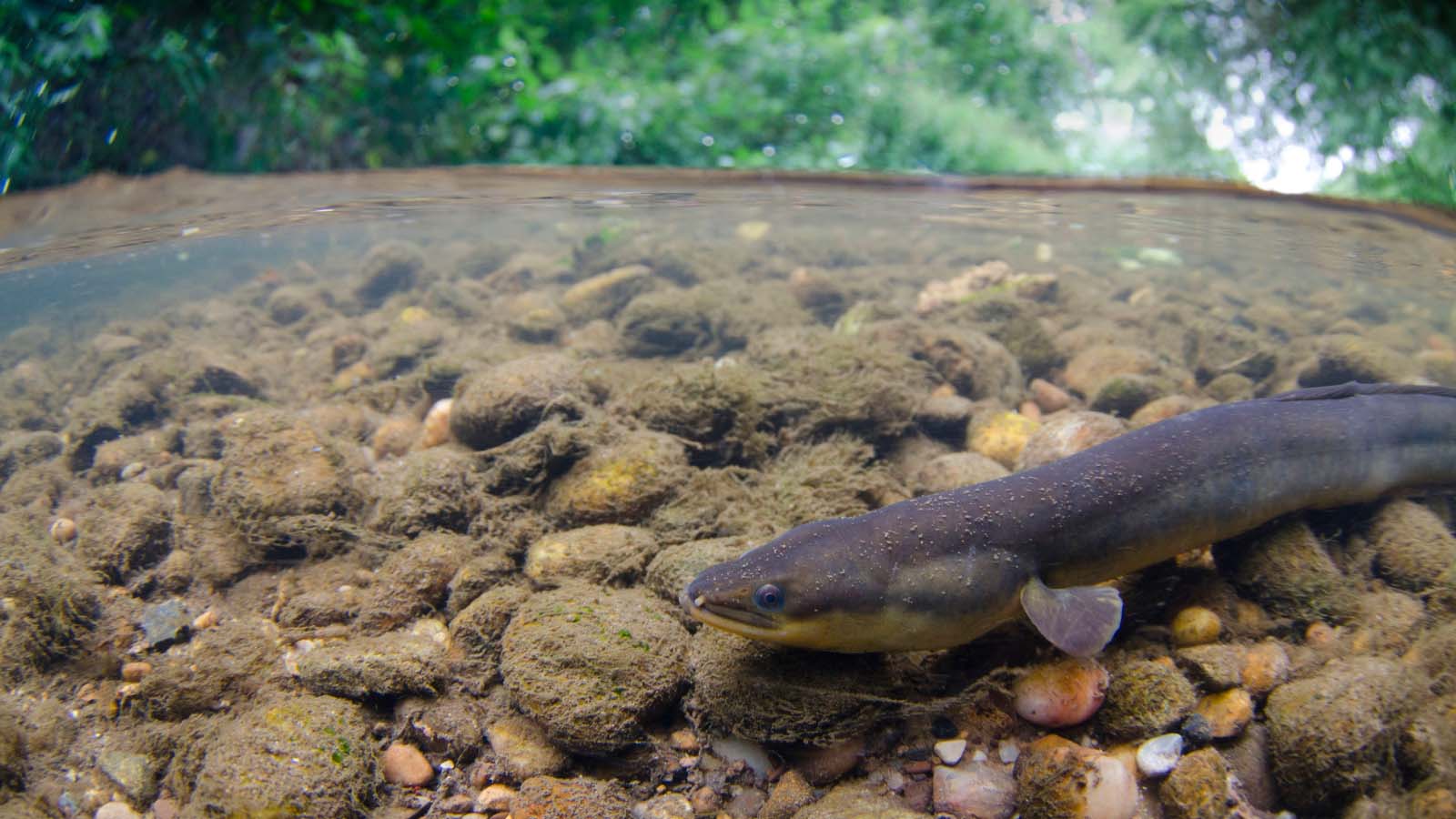
Campaign for reducing all human induced mortality on eel
CCB has been active to support NGOs inside and outside the network to engage in the eel issues.
We are an active part of an international effort (by Good Fish foundation, NL) and has continuously acted as an expert in the small steering group of NGOs (CCB, Good Fish, FishSec). CCB has also written several parts of joint statements and strategic work plan documents.
Moreover, an eel workshop was organised in June 2020 with CCB as co-host with the aim to form both a larger NGO group on eel and to set s few priorities such as support of opening the eel regulation in that group.
CCB has via the ongoing BSAP update process pushed forward a revised action on regional coordination to move from national to joint action on assessment, monitoring and evaluation on the Baltic eel “population” The revised action was accepted by HELCOM HODs in December 2020 and will be part of the new action plan.

In 2020, CCB started to develop and implement a project to increase capacity and knowledge about EBM in the newtork.
The first workshop was held in November and was followed by a second in January 2021.
Moreover, CCB requested to HELCOM countries to start a process to agree on a common understanding on EBM, and how it should be implemented. This was indeed accepted and developed into a stakeholder conference 2021 and remains a measure in the new BSAP as an action to be concluded in 2023.
The work on EBM as well as inputs to the BSAP and participation in the process during 2020 has very much be an integral part of the internal process in CCB to revitalise the network. Each working area for example has provided their input and add to the NGO shadow plan and in total, almost 30 detailed proposals were sent in to HELCOM.
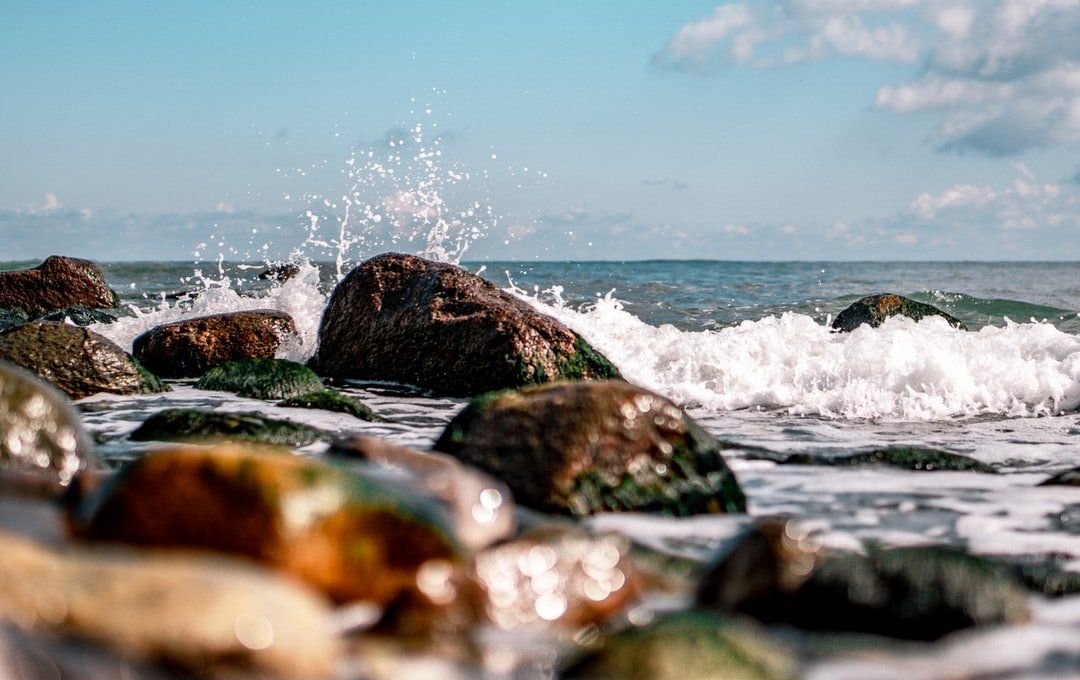
Active cooperation with other NGOs and NGO networks on MSFD and CFP implementation, including anglers
The development of the “Blue Manifesto” and CCB BSAP shadow plan are the output from cooperation with Seas At Risk and internally in CCB, plus a continuous discussions and actions related to the new EU biodiversity strategy.
CCB was in contact with DG Mare staff on the subject and CCB was invited to come with proposals highlighting issues in the Baltic Sea region. A total of nine detailed proposals were writtenand sent to the Commissioner and shared with DG Mare and DG environment staff.
Implementing Maritime & Coastal Spatial Planning (COAST)
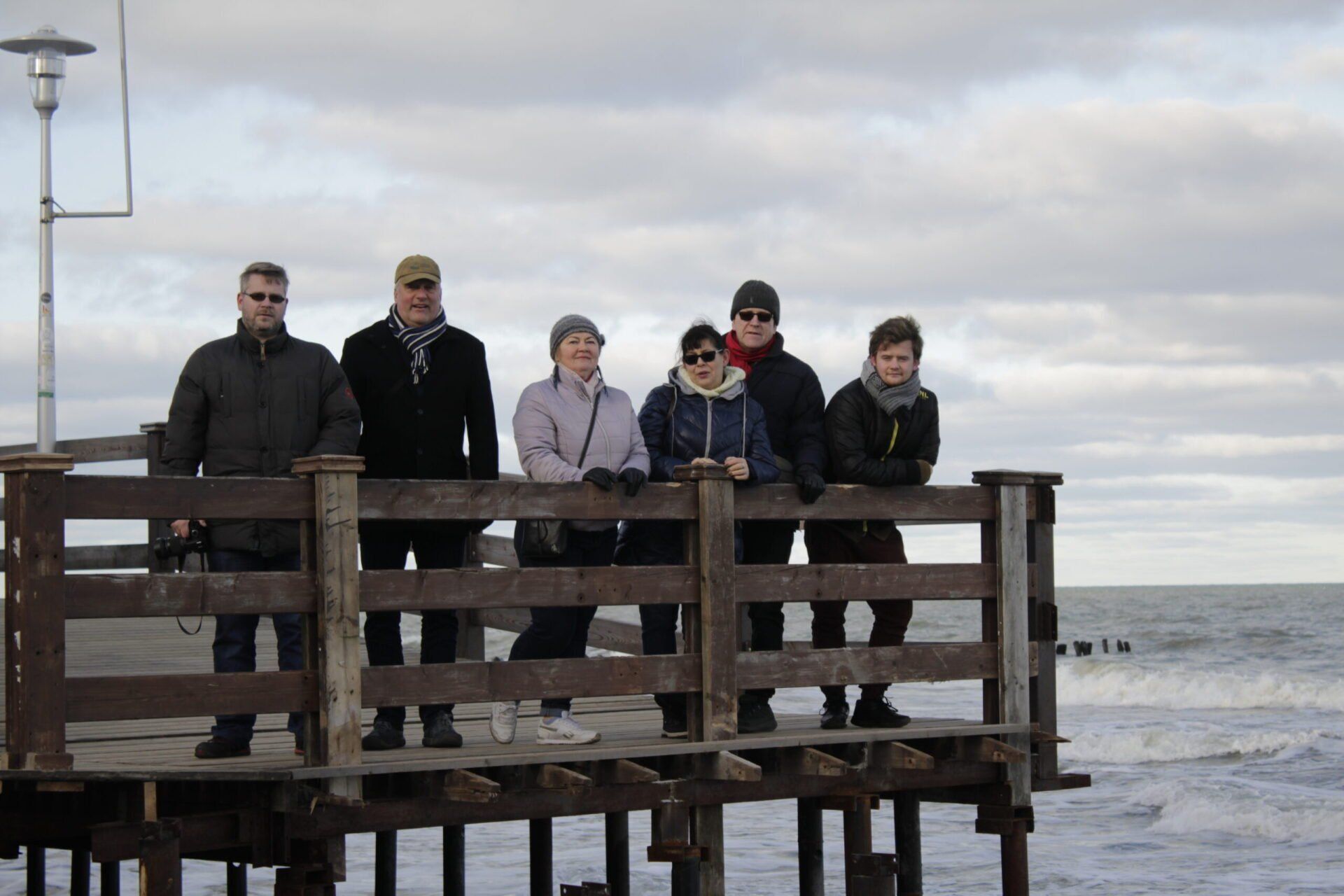
In 2020 CCB has furthered with re-launching of a CoastWATCH citizen science initiative to monitor, protect and ensure sustainable development of coastal areas (erosion, IAS, marine litter) after establishing contacts with CoastWATCH Europe in 2018-2019.
Two CCB Member Organizations - Latvian Green Movement and Green Planet (Russia) - have performed CoastWATCH observations in 2020, after translating and adapting respective manual to national languages and conditions; national events have been held with over 250 participants from 13 schools in Latvia. Both organizations kept cooperation throughout 2020 that has started from a visit of Latvian Green Movement team to Kaliningrad in February 2020, where both CoastWATCH, nature accessibility and coastal protection and erosion issues were discussed.
Since 2019 the work on marine and other coastal litter has been focused on coastal cleanup events, including its gamification, using e.g. the Clean Games concept that resulted in CCB’s involvement in 2020 Clean Games Baltic Cup with participation of Latvian and Belarusian CCB MOs and partners.
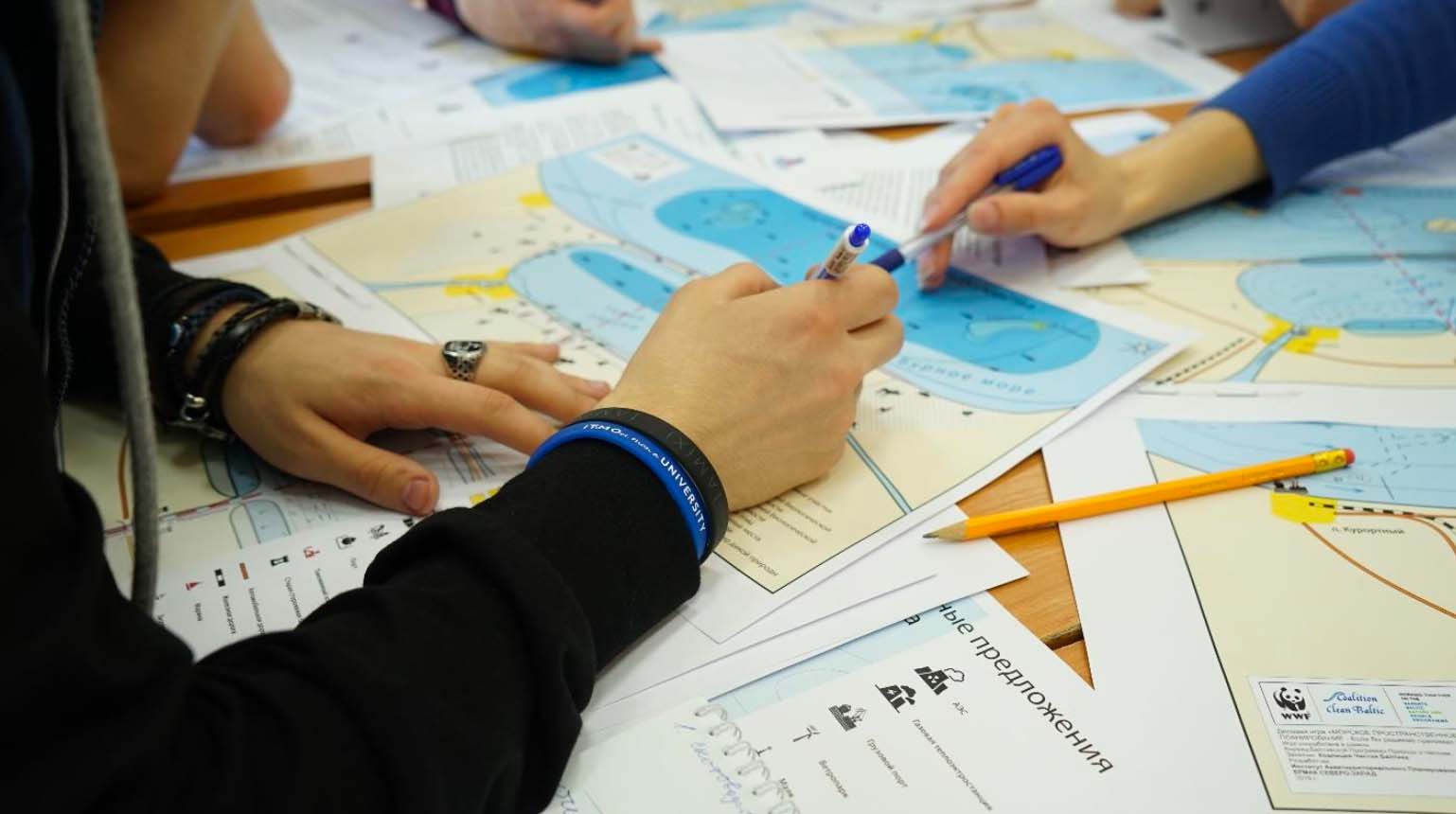
MSP games are performed in several BSR countries
Within 2020 the MSP game “If I would have made the decision” has been further developed and adapted for application in Latvia, however its practical implementation has been postponed till 2021.
